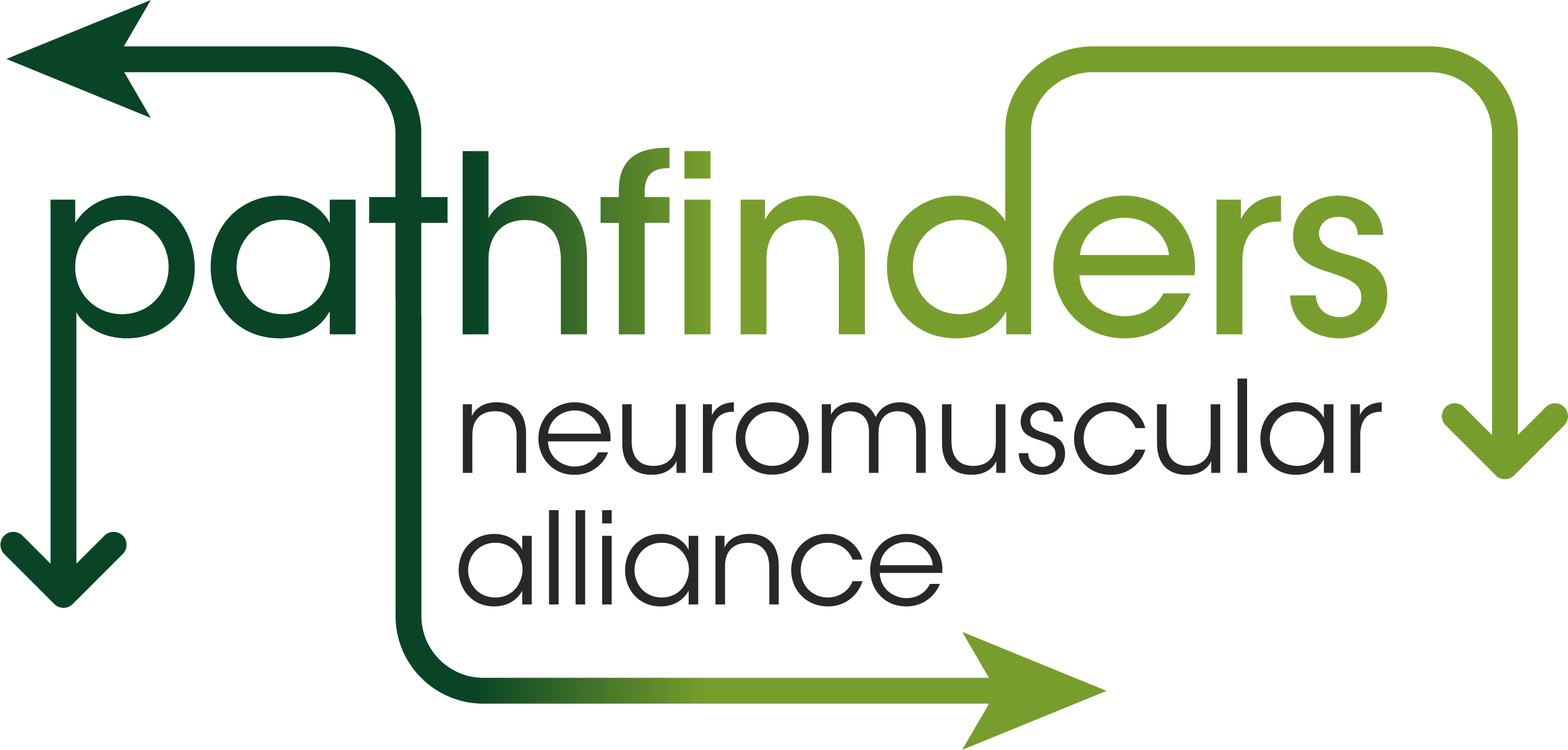In general, adults with neuromuscular disorders should strive to have a healthy diet. A healthy diet is balanced in energy, protein, fluid, calcium, vitamin D, and other nutrients. Adults should aim to include a variety of foods from the five main food groups. These are fruit; vegetables; meat, poultry and alternatives; dairy and breads and cereals.
Micro-nutrients
Adults are at risk of low bone mineral density as a result of not walking or standing. Steroids can also affect this. Recommended care guidelines are to take a daily multivitamin supplement with vitamin D and minerals if calorie intake is low. In the case of vitamin D deficiency you may require additional vitamin D supplements (DMD Care Considerations Working Group, 2018). You should have vitamin D levels monitored regularly. You should discuss other supplements with your doctor.
Protein
Doctors recommend a daily dietary allowance of 0.95g of protein per kilogram someone weighs for those aged 4–13 years. For someone aged 14-18 years should have 0.85g per kilogram. Once you are over 19, you should have 0.80g per kilogram.
Fluids
For people with DMD, the recommended fluid intake is 1500 mL + 20 mL for each kg over 20 kg. This means someone weighing 80kg would need to drink 1500ml plus 20ml per kg for 60kg. This adds up to 1620ml.
Other Considerations for a Healthy Diet
Adults with chewing and swallowing difficulties may start eating softer foods. This helps ensure they are still eating enough and getting a healthy diet. For those not supplementing their eating with a feeding tube, it is important to ensure modified diets remain well balanced. A dietitian can help with this.
Although there is no evidence to suggest specific dietary intolerances of people with muscle-weakening conditions (e.g. to dairy or gluten), individuals with muscle-weakening conditions may have their own specific dietary intolerances. Any changes in diet should be closely monitored to identify any specific problem issues.


